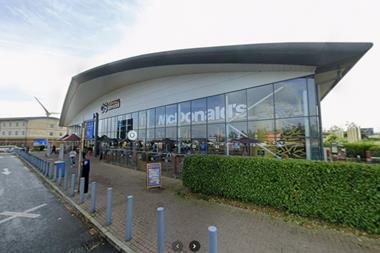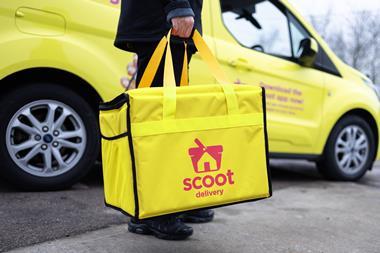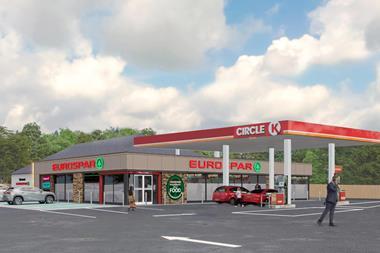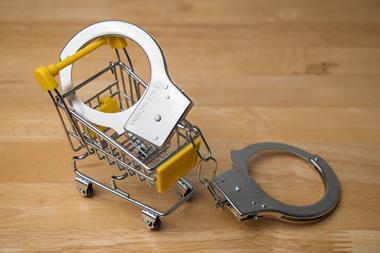The PRA is seeking urgent confirmation from the Treasury that petrol filling stations will be eligible for Small Business Rates Relief.
In this afternoon’s Budget, the Chancellor Philip Hammond confirmed that the business rates bill for companies with a rateable value of £51,000 or less would be cut by a third over two years – a move welcomed by James Lowman, chairman of the Association of Convenience Stores, who estimates it will save the convenience sector up to £50m over the next two years.
PRA chairman Brian Madderson’s request comes after some confusion in the 2013 Budget, when the Treasury did not specifically include petrol filling stations as one of the eligible business categories. The PRA had to intervene to obtain formal confirmation that, subject to State Aid de minimis limits and the rates threshold, the discount scheme was applicable.
The PRA has written to John Glen MP, the economic secretary at the Treasury, to point out the 40% decline in the number of operational service stations across the UK since 2001 – predominantly in the independent sector.
Forecourt owners have developed their shop offers to include convenience items such as fresh food, alcohol and ready-to-eat products which are mirrored by other high street retailers.
Madderson said: “Petrol filling stations compete with numerous smaller businesses in the high streets such as corner shops, pubs and cafes. It would be seriously anti-competitive for the Government to provide rates relief for these enterprises without also including service stations, which provide such a wide-ranging service to consumers.
“While we welcome the announcement that business rate relief for all companies with rateable value of £51,000 or less will be cut by a third, the Treasury has not yet made clear whether this will include petrol filling stations (PFS) as one of the eligible business categories.
“We will now engage with the Government to ensure that our members can benefit from future measures.”
Meanwhile the PRA welcomed the Chancellor’s confirmation in today’s budget that fuel duty will continue to be frozen for a further 12 months – announced at the Conservative Party Conference at the beginning of this month. This will be the ninth year in a row that fuel duty has been unchanged.
Total savings for the average car driver are estimated to be over £1,000 and the average van driver over £2,500.
“The PRA has been lobbying Government and the Treasury, in particular outlining the potentially damaging effects on the economy and household budgets of even an inflation-linked rise, so it is positive to hear the Chancellor’s commitment," said Madderson.
“However, PRA will continue to press for fuel duty to be cut to boost our economy and move the UK towards a level playing field with fuel duty levels in EU countries as we head towards Brexit.”
Other announcements included the government’s extension on the first-year allowance for electric charge-points for four years. This will extend such allowances until 31 March 2023 for corporation tax and 5 April 2023 for income tax purposes.
On the news of the new National Living Wage rate (£8.21 per hour), James Lowman said: “When wage rates increase, retailers have to make tough decisions about how they manage the impact, with many forced to work longer hours themselves and others reducing staff hours and overall job numbers to stay afloat. We will continue to work with the Low Pay Commission to ensure that they consider the impact of higher wage rates on businesses, and welcome the Government’s acceptance of the Low Pay Commission’s recommendations.”
He also said that the increases to tobacco duties announced in today’s Budget served only to drive more consumers to the dangerous illicit market and undercut legitimate, responsible retailers. “The Government still needs to do more to support local enforcement against the illicit trade,” he stressed.

































No comments yet